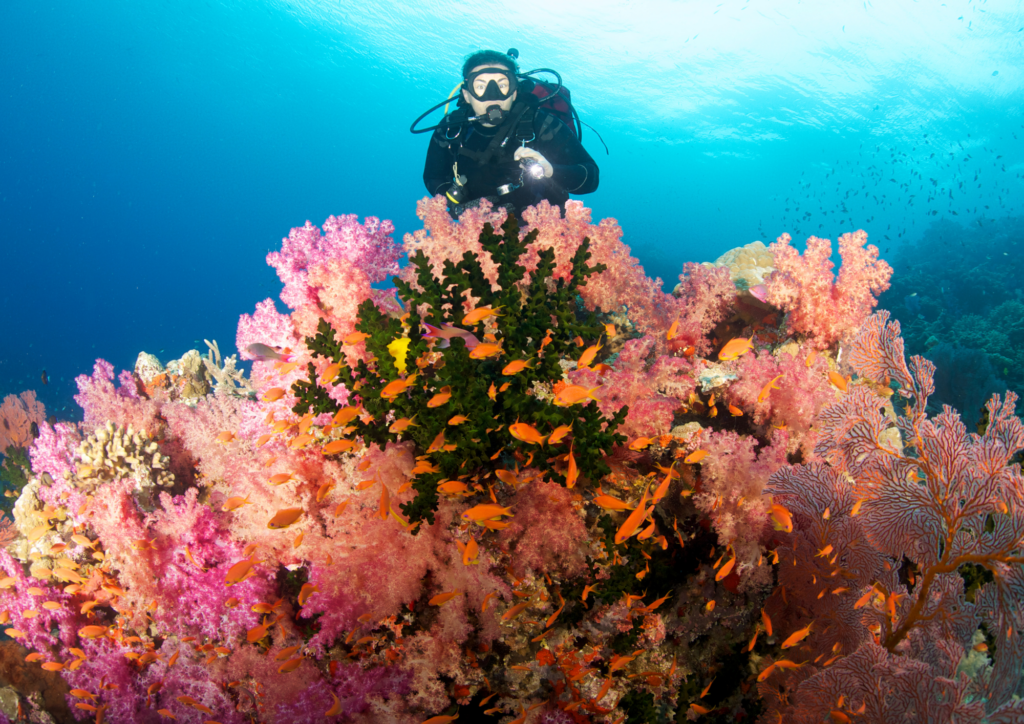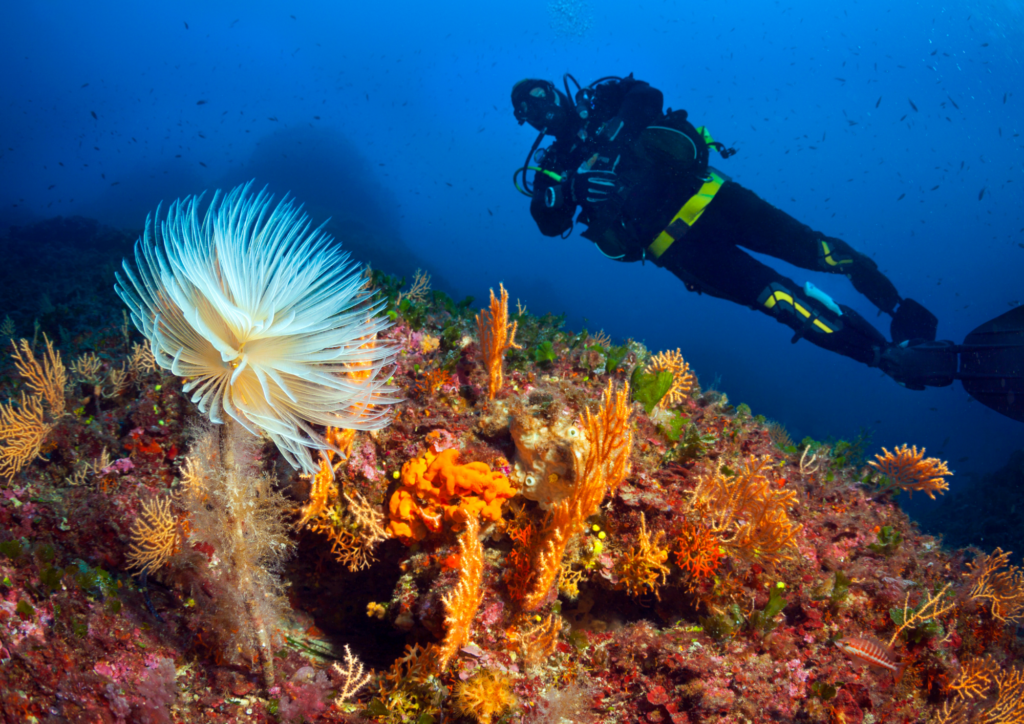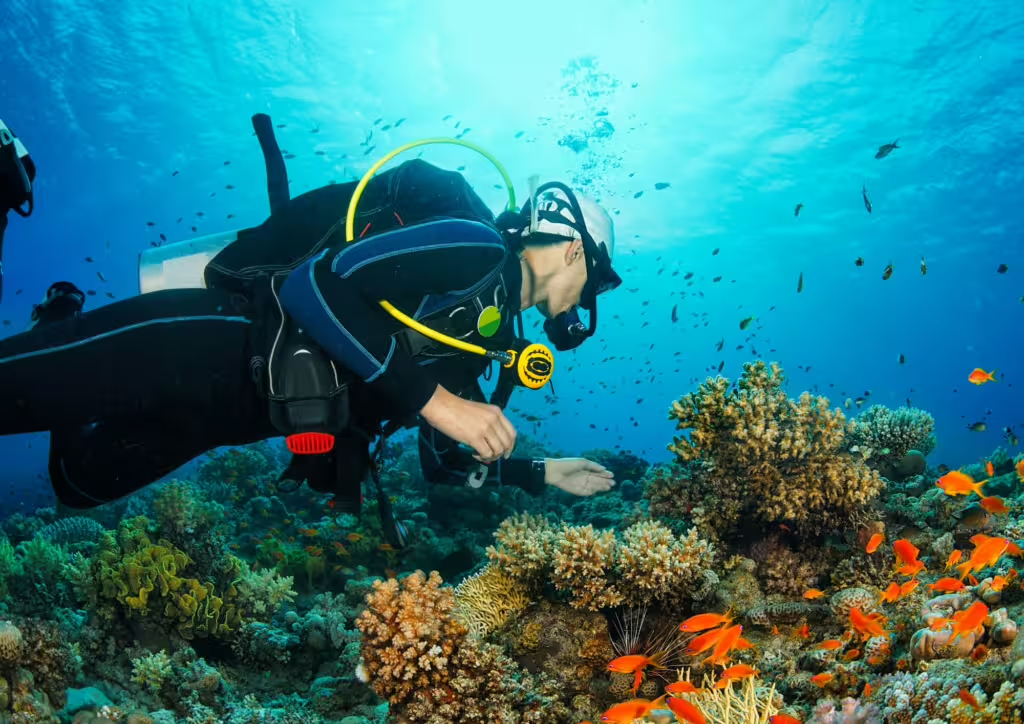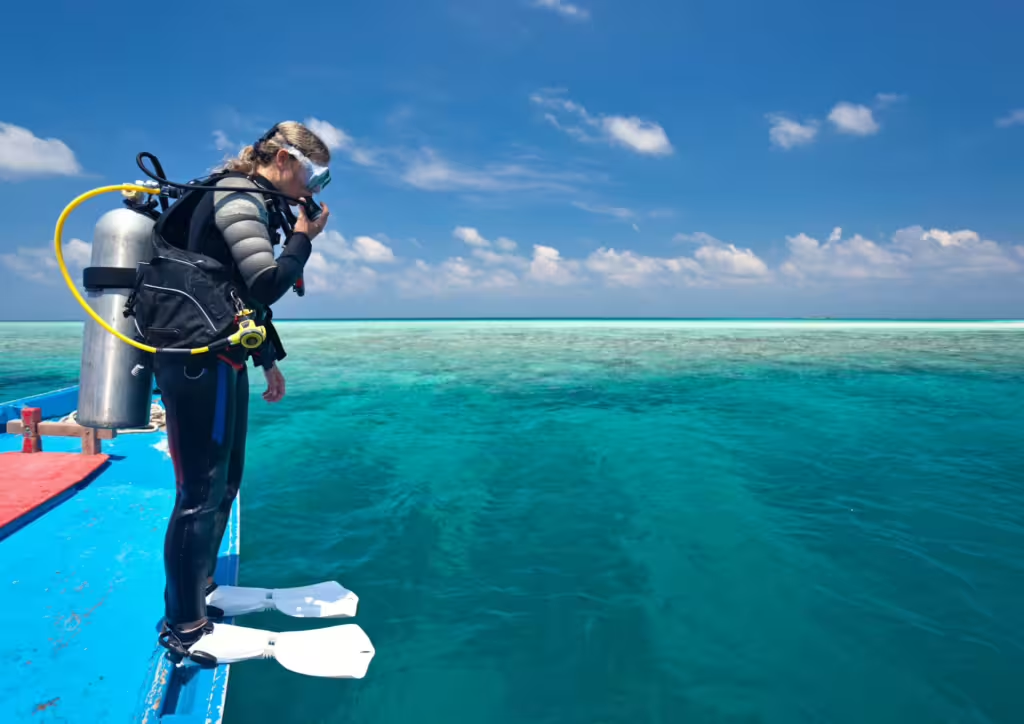Embarking on a certified Bali diving course is not just about learning to dive; it’s an invitation to explore the vibrant underwater world that surrounds this tropical paradise. With its crystal-clear waters, breathtaking coral reefs, and diverse marine life, Bali offers an unparalleled diving experience for beginners and seasoned divers alike. As you prepare for your adventure, you may be wondering what to expect during your training, from essential skills to local diving sites that will leave you in awe. Join us as we dive deep into the details of what a certified Bali diving course has in store for you!
Overview of Bali Diving Courses
Bali, renowned for its crystal-clear waters and vibrant marine life, offers a unique haven for diving enthusiasts of all levels. A certified Bali diving course is designed to provide divers with comprehensive training, ensuring a safe and enjoyable experience beneath the waves. These courses typically cater to beginners, intermediate, and advanced divers, covering essential skills and knowledge about scuba diving equipment, underwater communication, and safety protocols.
Instructors, often certified by recognized diving organizations, provide hands-on guidance, ensuring that participants not only learn but also gain confidence in their abilities to dive in diverse aquatic environments. Moreover, the structure of Bali diving courses often includes theoretical lessons combined with practical sessions in both confined and open water. Students can expect to explore some of Bali’s famed dive sites, such as the USS Liberty wreck or the Coral Garden, allowing for breathtaking encounters with colorful reefs and marine life.
By the end of the course, participants will not only achieve certification but also a deeper appreciation for the underwater world and a thirst for future diving adventures. Whether you’re embarking on your first underwater journey or enhancing existing skills, a certified Bali diving course promises both excitement and education in one of the world’s premier diving destinations.
Prerequisites for Certification

While having a healthy body is important, it’s also crucial to consider any medical conditions that could impact your diving experience. A medical questionnaire is typically required, and in some cases, a clearance from a physician may be necessary. Understanding these prerequisites helps set realistic expectations for your Bali diving course. By ensuring that you meet these criteria, you’ll be well-prepared to dive into the vibrant underwater world, gaining both confidence and skills needed for certified diving adventures in one of the world’s most stunning marine environments.
Diving Equipment: What You’ll Need
When you embark on a certified Bali diving course, having the right diving equipment is essential for both safety and enjoyment. Generally, you will need a mask, snorkel, fins, wetsuit, and a buoyancy control device (BCD). The mask provides clear vision underwater, while the snorkel allows you to breathe at the surface without lifting your head. Fins are crucial for smooth and efficient movement in the water, and a wetsuit protects you from the cold and marine life. Finally, your BCD is vital for buoyancy control and can hold your tank and other gear, making it a key piece of equipment for divers.
Fortunately, many Bali diving courses offer rental gear to ease beginners into the diving experience without the need for a significant upfront investment. However, investing in personal gear can enhance comfort and fit, as your own equipment will be specifically tailored to your body. Diving instructors will typically provide a comprehensive briefing on how to use each piece of equipment, ensuring you are well-prepared before you dive into the exhilarating underwater world. Being familiar with your gear can greatly enhance your confidence underwater as you explore Bali’s stunning marine environment.
Course Structure and Duration
The actual diving experiences start with open water dives, usually conducted over two to four days, depending on the course level and the diving school’s schedule. Most certified Bali diving courses include a minimum of four open water dives, allowing students to explore the vibrant underwater ecosystems that Bali is famous for. This phase not only enhances their skills but also provides breathtaking encounters with marine life. By the end of the course, participants will have gained valuable experience, confidence, and knowledge, enabling them to dive safely on their own in various locations around the world. Overall, the combination of structured lessons and practical experience makes for an unforgettable diving journey in Bali.
The Marine Life of Bali

Bali is renowned for its vibrant marine life, making it a premier destination for diving enthusiasts. The waters around the island are teeming with diverse ecosystems, ranging from colorful coral reefs to intriguing underwater topography, all brimming with unique aquatic species. As you embark on a certified Bali diving course, you can expect to encounter an array of marine creatures, including majestic manta rays, playful dolphins, and enchanting sea turtles.
The rich biodiversity nourished by warm tropical waters presents an unmatched opportunity for divers to witness the delicate balance of marine ecology firsthand. Local instructors are adept at highlighting these spectacular sights during dives, ensuring you appreciate the beauty and variety of life beneath the waves. In addition to the captivating wildlife, your diving course will also cover essential knowledge about protecting these underwater habitats.
With rising concerns over climate change and pollution, understanding the importance of conservation becomes key during your training. You’ll learn techniques and best practices to reduce your impact on the environment while enjoying your dives. From spotting the delicate nudibranchs to appreciating the intricate dance of the reef fish, diving in Bali offers not only an adventure but also an education that fosters a deeper respect for oceanic life and its preservation. Whether you’re a novice or an experienced diver, you’ll leave with cherished memories and a newfound appreciation for Bali’s underwater treasures.
Safety Procedures and Guidelines
Safety is paramount when it comes to diving, especially in a vibrant marine environment like Bali. During a certified Bali Diving Course, participants are introduced to a comprehensive set of safety procedures and guidelines designed to ensure a secure diving experience. Instructors will cover essential topics such as pre-dive safety checks, emergency protocols, and the proper use of equipment. You’ll also learn about the importance of diving in buddy pairs, which provides an added layer of security while exploring underwater wonders.
By understanding these guidelines, divers can enjoy their adventure knowing that they are prepared for any situation that may arise while under the water. Furthermore, the course includes hands-on training to familiarize you with varying conditions you might encounter in Bali’s diverse diving spots. You’ll practice skills like controlled ascent and descent, recognizing and managing potential hazards, and responding to emergency situations.
This thorough preparation builds your confidence as you navigate the unique underwater landscapes of Bali. A certified Bali Diving Course does not just teach you how to dive; it instills a culture of safety that ensures you can dive with peace of mind, allowing you to fully immerse yourself in the breathtaking beauty of Bali’s aquatic world.
Post-Course Opportunities and Next Steps

After completing a certified Bali diving course, a world of new opportunities opens up for divers eager to enhance their skills and experience. Graduates can pursue advanced certifications, such as the Dive Master or Specialty Diver courses, which allow them to explore different underwater environments and learn specialized skills like wreck diving or underwater photography. Many diving schools in Bali offer these advanced programs, ensuring that divers can continue their education in this beautiful setting.
Additionally, joining local dive clubs or community groups can help divers connect with fellow enthusiasts, participate in organized dives, and even volunteer for conservation efforts, further enriching their marine experience. Embarking on the adventure of scuba diving doesn’t have to end with your initial course; it can be a lifelong journey of exploration. Travel opportunities abound, allowing certified divers to explore underwater wonders beyond Bali.
Many travelers seek dive trips to popular destinations like the Great Barrier Reef, the Red Sea, or the Galapagos Islands, where diverse marine life and breathtaking landscapes await. Whether you’re looking to make diving a hobby, pursue professional opportunities, or simply seek out new adventures, a certified Bali diving course is just the beginning of a thrilling underwater journey. This makes it essential to keep diving and practicing your skills to ensure safety and confidence in every dive.
Embrace the Thrill of Diving in Bali
In conclusion, embarking on a certified Bali diving course is not just about learning how to dive; it’s a unique journey that combines skill development with breathtaking underwater experiences. You’ll discover the vibrant marine life and stunning coral reefs that make Bali a top diving destination. Whether you’re a beginner or an experienced diver, the structured training and expert guidance will enhance your confidence and competence beneath the waves.
Plus, the camaraderie formed with fellow divers adds an exciting social element to your adventure. As you prepare for your Bali diving course, remember that each dive provides an opportunity to connect with nature in an exhilarating way. You’ll return not only with new skills and certifications but also unforgettable memories that will last a lifetime. So gear up, dive into this adventure, and uncover the secrets of Bali’s underwater world – your aquatic journey awaits!

